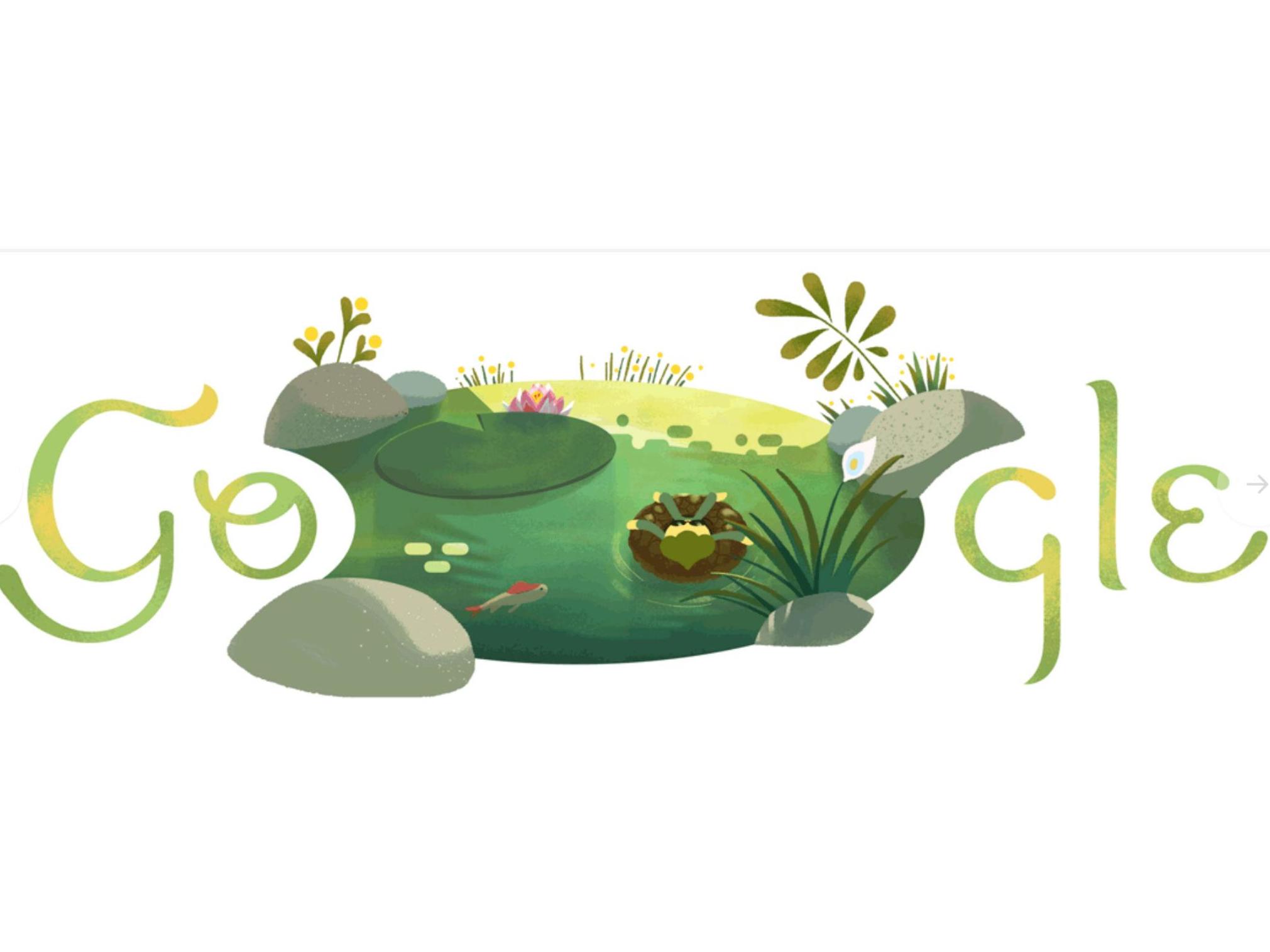Summer solstice 2018: Southern hemisphere celebrates longest day of the year
While those in the north experience the shortest day of the year, the southern hemisphere is getting a few more rays

Your support helps us to tell the story
This election is still a dead heat, according to most polls. In a fight with such wafer-thin margins, we need reporters on the ground talking to the people Trump and Harris are courting. Your support allows us to keep sending journalists to the story.
The Independent is trusted by 27 million Americans from across the entire political spectrum every month. Unlike many other quality news outlets, we choose not to lock you out of our reporting and analysis with paywalls. But quality journalism must still be paid for.
Help us keep bring these critical stories to light. Your support makes all the difference.
While those in the northern hemisphere are bundling up to ward off the cold on the winter solstice, the inhabitants of the Earth who have built their lives closer to the South Pole are experiencing the summer solstice.
The summer solstice comes on Friday in the southern hemisphere, and people living all over from Brazil to South Africa to Australia are experiencing the longest day of the year.
The yearly event is being marked by a Google Doodle, explained as: “On this day in the Southern Hemisphere, the sun ascends directly above the Tropic of Capricorn. While most of the world is experiencing winter, the sun shines 24 hours a day north of the Arctic—a natural wonder known as the Midnight Sun”.
The summer and winter solstices are caused as a result of the tilt of the Earth, and its elliptical path around the sun.
The word “solstice” derives from the Latin sol for “sun” and sistere meaning “to come to a stop or make stand.”
In the northern hemisphere, 21 December marks the winter solstice, and the shortest day of the year.
The roles are reversed on 21 June, when the north experiences its own summer solstice.
During that time, celebrations and festivals are held in many countiries to mark the joyous day and the warm weather after long winters.
Interestingly, there are celebrations at the UK's Stonehenge for both the winter and summer solstice — so it will not be just those in the south who are partying on Friday.
Join our commenting forum
Join thought-provoking conversations, follow other Independent readers and see their replies
Comments